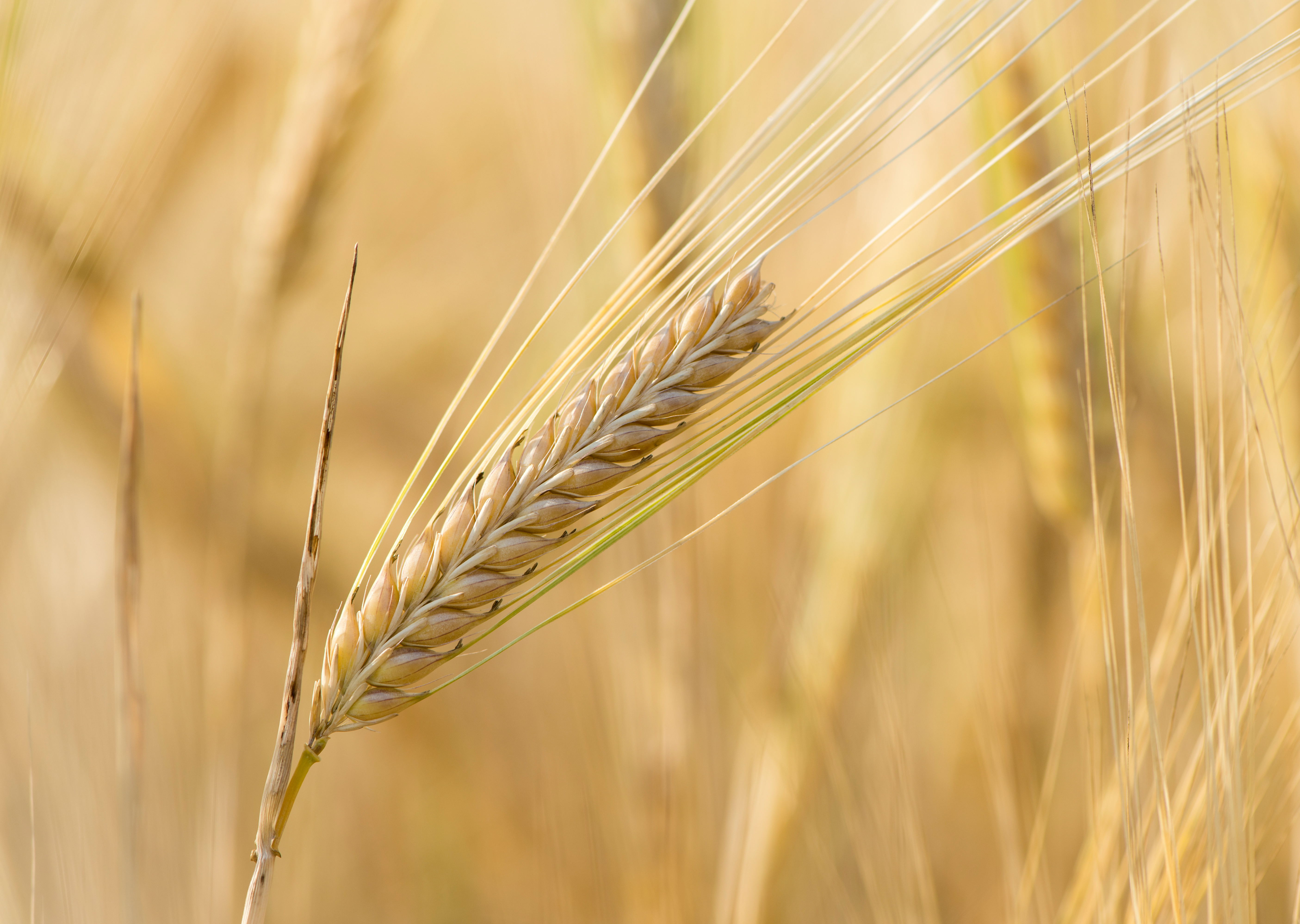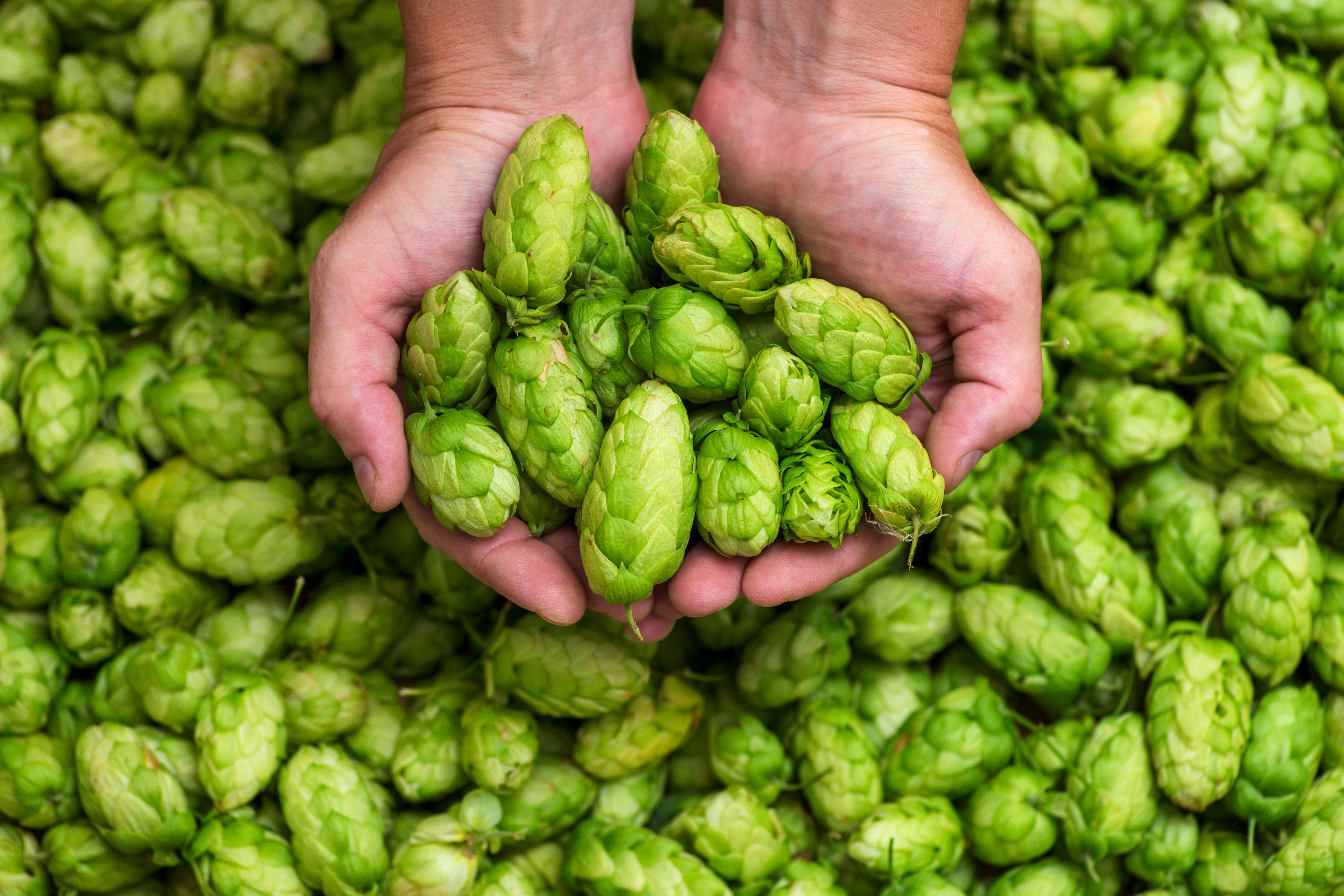German beer – better than good!
The final product is the result of work by many heads and hands
German beer is renowned and appreciated worldwide. But how is it actually made? And who makes it? German beer is not an industrial product, but the high-quality result of combining the perfect artisan skill with the most up-to-date technology. There have been breweries in a great many German cities for centuries, and today there are still over 1200 brewing operations throughout Germany.
There are pale and dark, light and non-alcoholic, bitter and sweet beers – more than 5000 different taste sensations! Yet despite this immense variety, all are brewed in accordance with the purity law, the world’s oldest food and drink legislation, dating back to 1516.
No chemicals, no additives – but a healthy dose of artisan skill from the brewer. German brewer training is renowned as being the best in the world. The quality of German beer is down to the extraordinarily broad training of the brewer, covering biological, chemical, physical, technical and process-related areas.

Experience is the key
For the production of a foodstuff that has the high quality of beer, expert judgement of the raw materials is crucial. When brewing it is also important to keep to the correct quantities of water, hops, malt and yeast according to the recipe. Modern machines, techniques and technologies also come into play. And of course the beer has to sell, which means that It's essential that the beer tastes good to customers.

The brewer must be able to create his delicious product in accordance with all the rules of the art. He must preserve old recipes, but also try out new things from time to time; he must completely satisfy his customer base, but also win new customers and not bypass the trends: pale or dark beer, top-fermented or unfiltered, in barrels or in swing-top bottles, as a mixed beer-based drink or a strong beer. However, he also needs to know how to produce beer in an economically viable way.
German brewers therefore well deserve to be seen as "multi-talented" – regardless of whether they represent a small family operation or a large brewery group.
You can find out which talents are organised in the VAB here.




